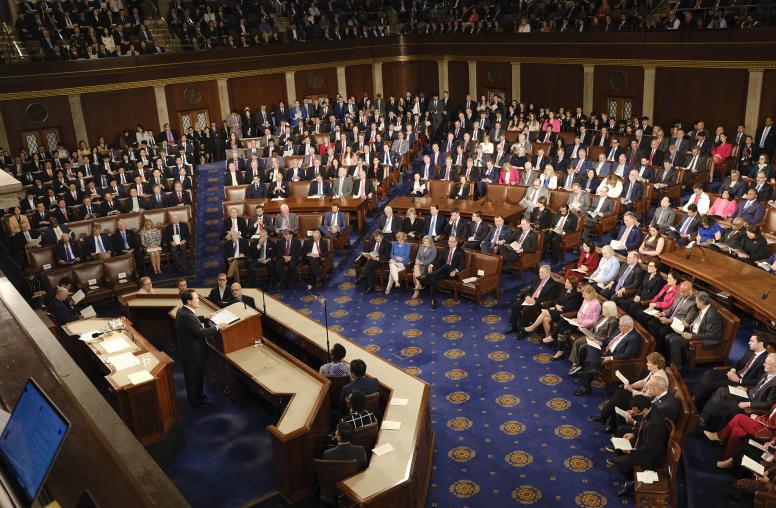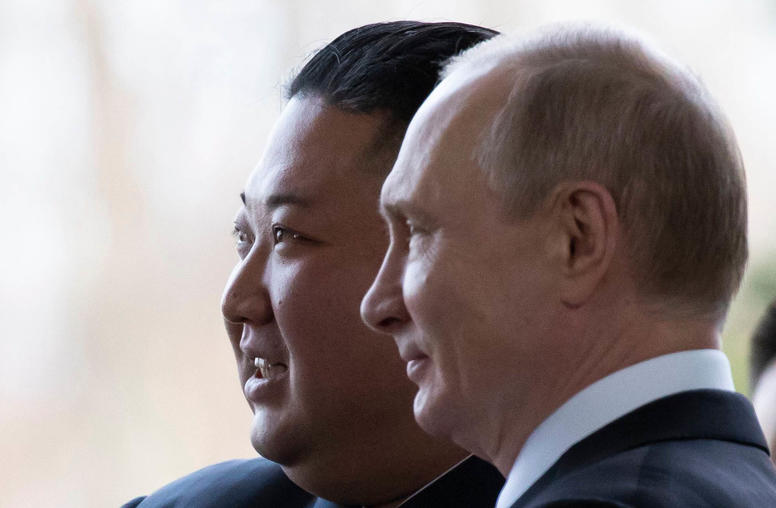North Korea and the Need for a US-ROK-PRC Dialogue
North Korea has advanced weapons of mass destruction programs but poor WMD security, and tensions in the region are growing in response to increasing brinkmanship between Pyongyang and Washington. This report identifies the major challenges that the United States, South Korea, and China would encounter in the wake of a North Korean government collapse and recommends establishing a sustained trilateral dialogue to increase cooperation and understanding of North Korea contingency planning among the three countries.
Summary
- The reality of a North Korea with advanced nuclear, biological, and chemical weapons programs makes it imperative for US policymakers and experts to intensify their examination of the security and humanitarian implications of regime instability and collapse.
- In a North Korean regime collapse scenario, the potential use of North Korea’s weapons of mass destruction and their movement outside of the country would be the paramount concern, especially for the United States.
- North Korean instability also has the potential to generate a large-scale humanitarian crisis, including millions of refugees pouring into China and South Korea—the Republic of Korea (ROK)—as well as severe starvation, poor health conditions, and human rights abuses within North Korea.
- Additionally, US-ROK Alliance and China’s forces would face massive stability operations, including conventional disarmament and potentially counterinsurgency.
- US-ROK Alliance and Chinese forces each have separate contingency plans but the threshold for intervention is unclear. Were these forces to intervene in North Korea without coordination and communication, confrontation and greater conflict are possible.
- The United States, ROK, and China should establish a sustained trilateral dialogue at the Track 1.5 or Track 2 level that focuses solely on North Korea contingency planning. The goal would be to share views on the implications of regime collapse and discuss ways to coordinate and collaborate to avoid miscommunication, conflict, and negative outcomes.
About the Report
This report identifies the major challenges that the United States, South Korea, and China would encounter in the wake of a North Korean government collapse. Commissioned by the United States Institute of Peace (USIP), this report is based on a review of relevant existing literature, discussions during a US-Korea Institute Workshop, “Instability, Insurgency, and WMD in North Korea,” held in March 2017 in Washington DC, and the author’s work on contingency planning at the US Department of Defense. This report will inform potential USIP Track 1.5 dialogues with China on North Korea.
About the Author
Frank Aum is a visiting scholar at the US-Korea Institute at Johns Hopkins University, School of Advanced International Studies, and a former senior adviser for North Korea in the Office of the Secretary of Defense. From 2011 to 2017, he advised four secretaries of defense and other senior defense leadership on policy issues related to the Korean Peninsula, including US policy toward North Korea, military responses to North Korean provocations, cooperation with China and Japan on Korean Peninsula issues, and contingency planning efforts.



